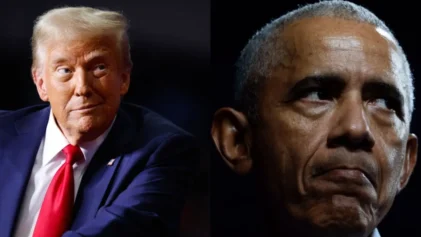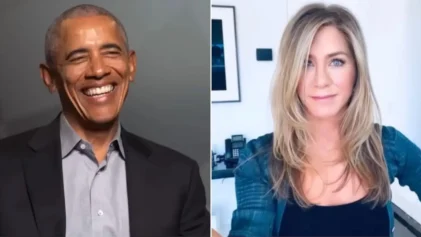The future of Africa was the focus of President Obama’s sweeping speech in Cape Town, where he announced a $7 billion U.S. electricity initiative and he exhorted the continent to fight on behalf of women’s rights and human rights to fulfill the legacy of South Africa’s heroic leader Nelson Mandela.
The new U.S.-led initiative intends to double access to electric power across Africa, with Obama vowing to help bring “light where there is currently darkness.”
Called “Power Africa,” the program will use a $7 billion U.S. investment to expand access to electricity in six African countries: Ethiopia, Ghana, Kenya, Liberia, Nigeria and Tanzania.
In addition, private companies such as General Electric and Symbion Power will make an additional $9 billion in commitments—though they fall well short of the $300 billion that the International Energy Agency says would be required to achieve universal electricity access in sub-Saharan Africa by 2030.
The funds will expand the reach of power grids and developing geothermal, hydro, wind and solar power.
Obama pushed the continent to follow Mandela’s example.
“Nelson Mandela showed us that one man’s courage can move the world,” Obama said during an evening speech Sunday at the University of Cape Town.
While Africa is making progress, the president said, it’s not moving fast enough.
“It’s not moving fast enough for the child languishing in poverty in forgotten townships,” he said. “It’s not moving fast enough for the protester who’s beaten in Harare, or the woman who’s raped in eastern Congo. We’ve got more work to do. Because these Africans must not be left behind … No country will reach its potential unless it draws on the talents of our wives and our mothers and our sisters and our daughters.”
Obama’s speech came at the end of an emotional day during which he visited Robben Island prison, where Mandela spent 18 of his 27 years. The former president is still in critical condition at a Pretoria hospital.
Obama talked about standing in Mandela’s cramped prison cell with his daughters Malia and Sasha.
“Seeing them stand within the walls that once surrounded Nelson Mandela, I knew this was an experience they would never forget,” he said. “I knew they now appreciated a little bit more that Madiba and other had made for freedom,” Obama added, referring to Mandela by his clan name.
“Ultimately, I believe Africans should make up their own minds about what serves African interests,” he said. “We trust your judgment, the judgment of ordinary people. We believe that when you control your destiny – if you got a handle on your governments – then governments will promote freedom and opportunity, because that will serve you.”


